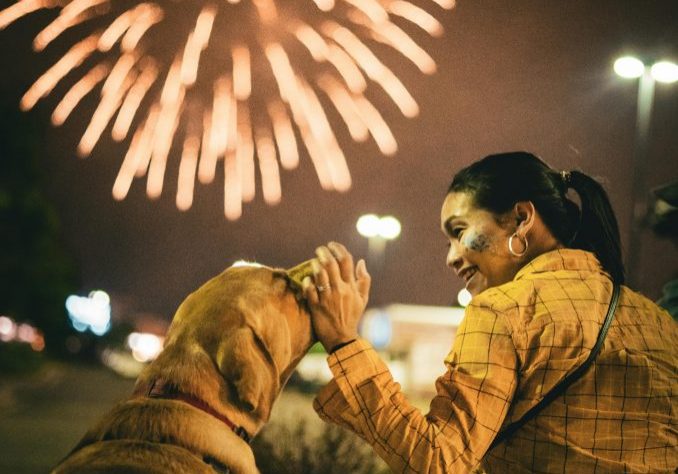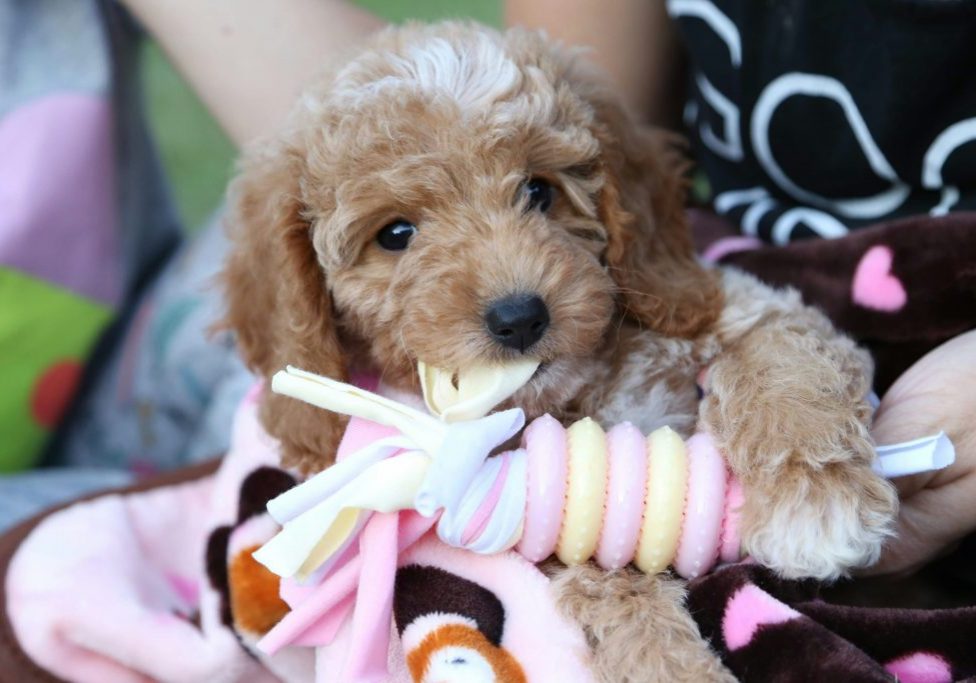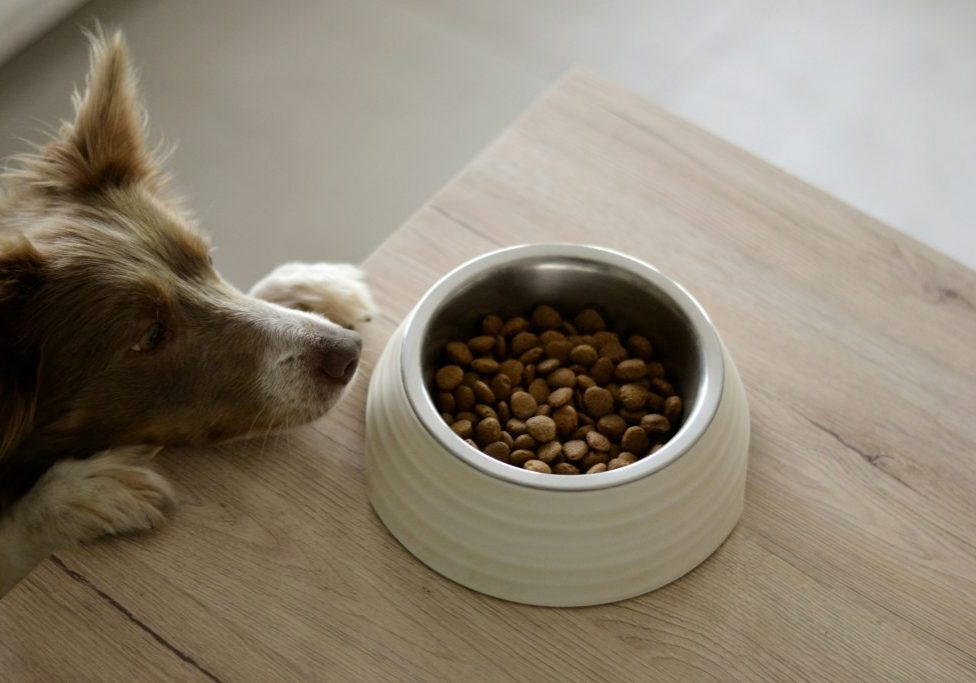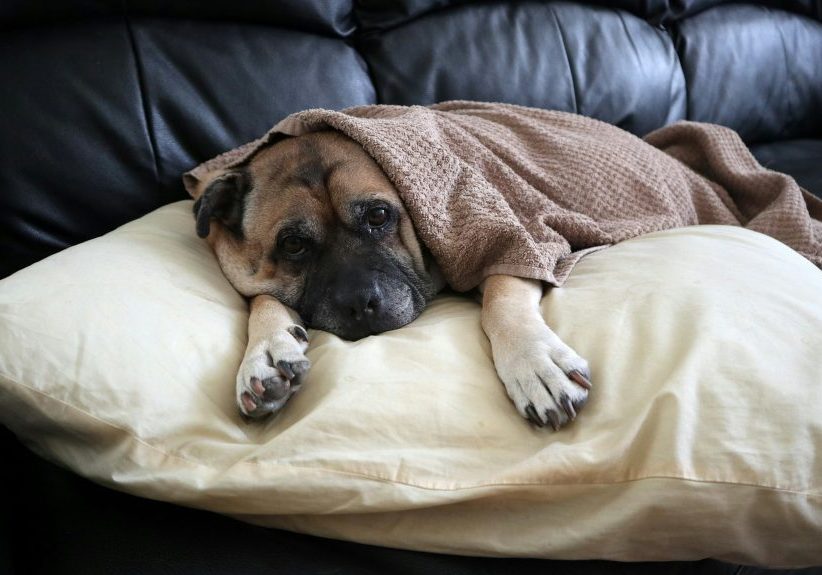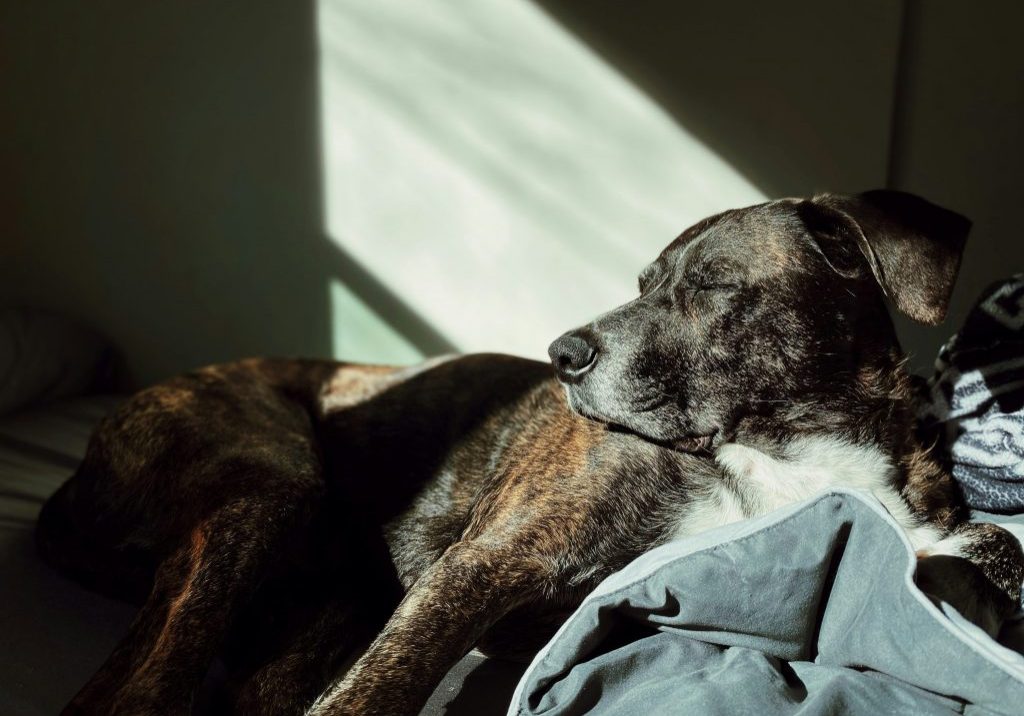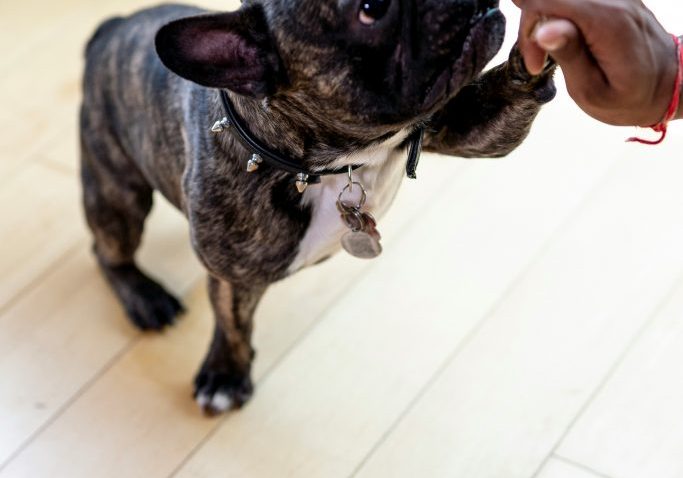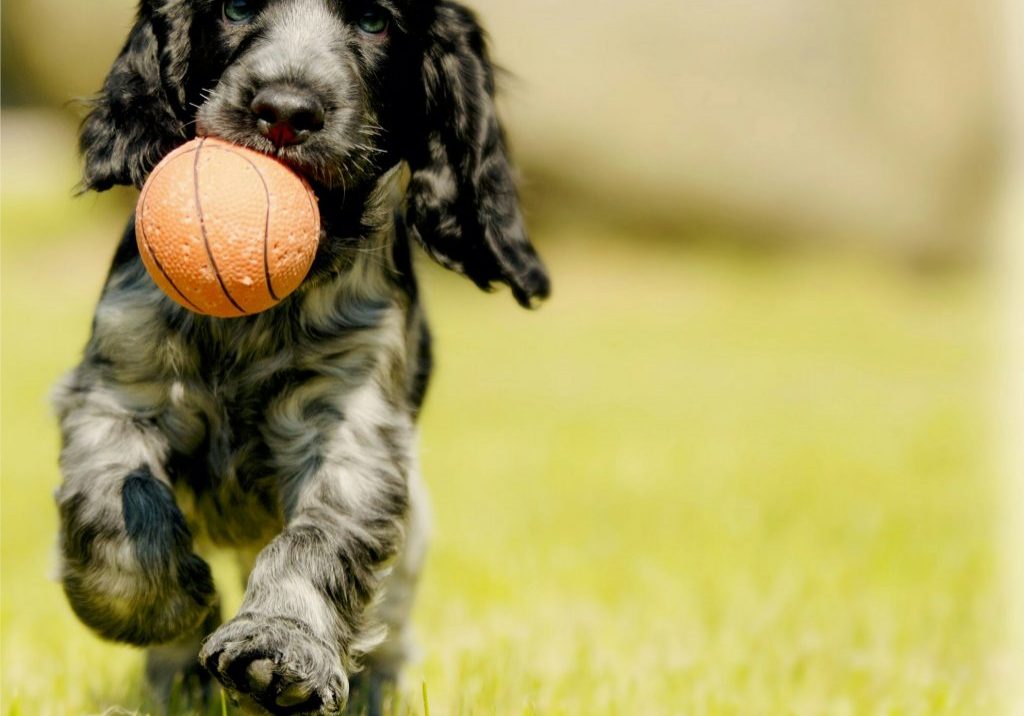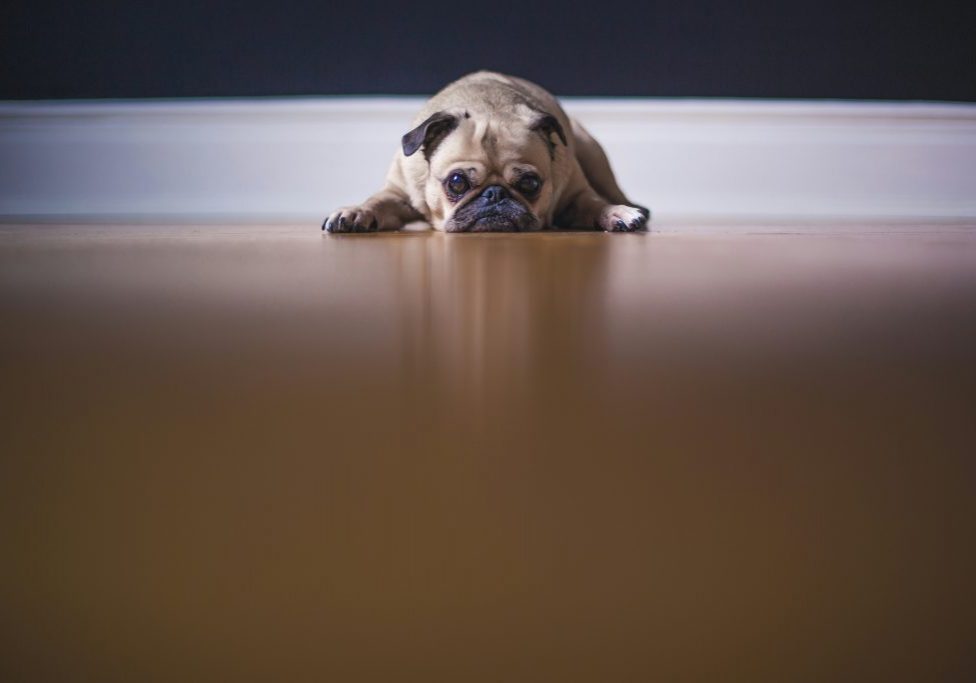How to Tackle Bad Behaviour in Teenage Dogs
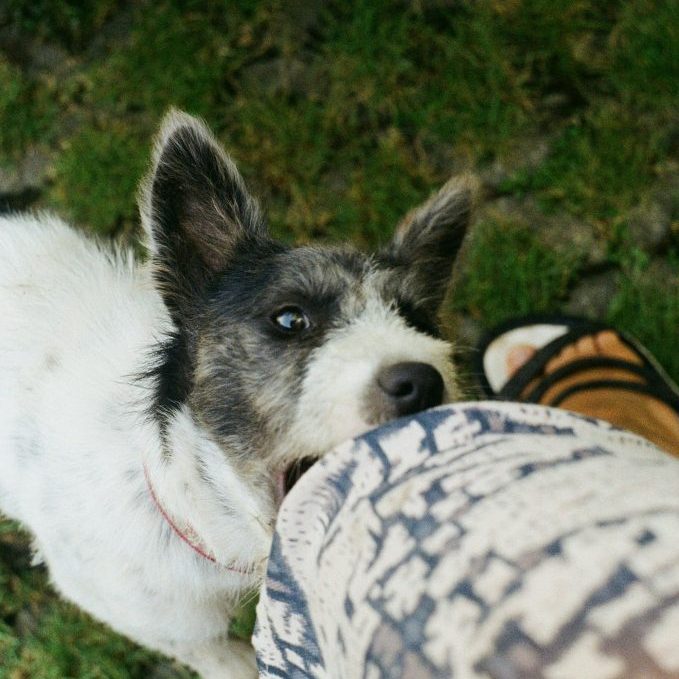
hwllo-sniffer.co.uk/how-to-tackle-bad-behaviour-in-teenage-dogs
December 8, 2024
Sniffer_Admin
Teenage dogs—adorable, energetic, and occasionally a little bit of a handful. Just like human teens, they’re going through developmental changes that can make their behaviour unpredictable. One moment they’re cuddling on the sofa; the next, they’re chewing your favourite trainers or pretending they’ve never heard the word “sit.”
If your pup is acting out, don’t worry. This stage is temporary, and with the right approach, you can help guide them back to their best behaviour. Let’s dig into some common challenges and how to handle them.
Why Is My Teenage Dog Acting Out?
First, a quick biology lesson. Between six months and two years old, dogs go through adolescence. During this period, their brains are still developing, hormones are kicking in, and they’re starting to test their independence. This combination can lead to boundary-pushing, short attention spans, and the dreaded “selective hearing.” It’s not that they’re being bad on purpose—they’re just figuring things out.
Consistency Is Key
Teenagers thrive on structure—yes, even the furry kind. If your dog seems to have forgotten all the rules, it’s time to reinforce them. Stick to the routines and boundaries you’ve already set. If jumping on the sofa wasn’t allowed before, don’t suddenly let it slide because they’re giving you the puppy eyes. Dogs respond best to consistency, and this is especially true during adolescence. Mixed signals can confuse them, leading to even more unwanted behaviour.
Redirect, Don’t Punish
If your teenage dog is chewing, barking excessively, or digging holes in the garden, try to understand why. Boredom, excess energy, or anxiety are often the culprits. Instead of scolding them, redirect that energy into something productive. For instance, if they’re chewing, offer a durable chew toy instead. If they’re digging, create a “dig zone” in the garden where they’re allowed to let loose. If they’re barking, teach a “quiet” command, rewarding them for calm behaviour. Punishment can make a teenage dog anxious or confused, so focus on positive reinforcement to encourage the behaviours you want to see.
Meet Their Energy Needs
Teenage dogs are bursting with energy, and if they don’t have a way to burn it off, they’ll find their own (often destructive) outlets. A quick walk might have satisfied your puppy, but an adolescent dog usually needs more mental and physical stimulation. Try adding variety to their routine: longer walks or hikes, fetch games in the garden, puzzle feeders to engage their brain, or training sessions to reinforce good behaviour. A tired dog is a happy dog—and a well-behaved one, too!
Work on Training
Teenage dogs are notorious for testing boundaries, which can make it feel like all their training has gone out the window. The truth is, they’re not unlearning skills; they’re just distracted. Revisit basic commands like “sit,” “stay,” and “leave it.” Keep sessions short and engaging, and always reward progress. It’s also a great time to add new challenges, like teaching tricks or advanced commands, to keep their minds sharp. If you’re struggling, invest in a professional training class—having extra guidance can make all the difference.
Stay Calm and Patient
Teenage dogs can sense your frustration. If you lose your temper, they’re more likely to become stressed or confused. Instead, stay calm and consistent, even when their antics are driving you up the wall. Patience is your best friend during this stage. Remember, they’re not doing it to annoy you—they’re navigating new emotions, impulses, and situations.
Socialisation Still Matters
Don’t let teenage antics stop you from socialising your dog. Regular playdates with other well-behaved dogs can help them learn good manners and burn off energy. Supervised interactions also help prevent fear or aggression from developing during this impressionable stage. Keep an eye on their body language. If your dog seems overwhelmed or overexcited, it’s time to step in and take a break.
Keep Hormonal Changes in Mind
Hormones play a huge role in teenage behaviour. Unneutered males may start marking territory, while females may experience their first season. These changes can make dogs more distracted or prone to certain behaviours, like roaming or mounting. If you haven’t already, talk to your vet about the best time to spay or neuter your dog. While it’s not a magic fix, it can help reduce some hormonally driven behaviours.
Celebrate Small Wins
It’s easy to focus on the negatives when your dog is being cheeky, but don’t forget to celebrate the good moments too. Whether it’s a perfect “sit” or a peaceful nap instead of chewing the furniture, every little win counts. Praising positive behaviour reminds your dog what you want to see more of—and keeps you motivated, too!
Hang in There—It’s Just a Phase
The teenage phase can be frustrating, but it’s also a time of growth and bonding. By staying patient, consistent, and focused on the bigger picture, you’ll guide your dog through this stage and help them mature into a loyal, well-behaved companion. Remember: every “bad” behaviour is just an opportunity to teach them something new. Before you know it, your teenage pup will be a happy, balanced adult, and you’ll look back on this phase with a mix of pride and relief!
